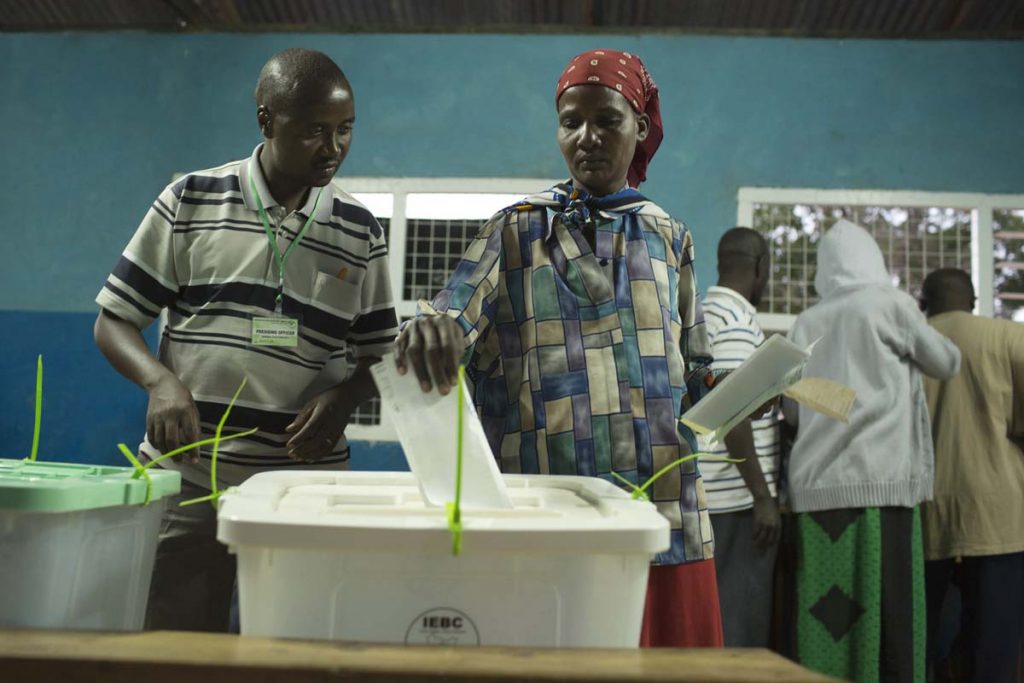The survey, titled Status of Women’s Political Participation in Nigeria, is part of the Improving Electoral Integrity and Accountability in Nigeria Project funded by the MacArthur Foundation.
The 100 Women Lobby Group on Monday launched a survey on women participation in Nigerian politics in Abuja.
The survey, titled Status of Women’s Political Participation in Nigeria, is part of the Improving Electoral Integrity and Accountability in Nigeria Project funded by the MacArthur foundation.
Felicia Onibon, president of the group, said despite the contributions of Nigerian women, they are still excluded from the mainstream of politics and governance.
According to Ms Onibon, stifling cultural and religious practices; induced poverty and poor education on the side of women; poor policy implementation; feminization of poverty and branding to exclude women, among others, are a few of the many factors that limit women’s participation in politics.

“For the Nigerian state to function at her full potential, there is a need for a process that ensures electoral integrity, inclusive participation and accountability in the electoral process.”
The survey amongst others found that cultural practices that promote and consolidate patriarchy are rife and covertly or overtly contribute to the exclusion of Nigerian women in the political space.
Also, age long socio-cultural norms, beliefs, attitudes which societies have lived and grown with, continue to affect women’s political leanings, and choices.
It found that government agencies with the responsibility of ensuring the implementation of policies that ensure gender equity in activities that underlie and promote political participation8 are not active.
Furthermore, women have failed to use their numerical strength to improve their chances in political participation due to the absence of knowledge of skills and strategies necessary to play effective politics.
The group urged the National Assembly to re-visit the Gender and Equal Opportunity Bill, 2019 and as a matter of urgency and pass the bill to alter the 1999 Nigerian Constitution to create additional Special Seats for women in the Federal and State Legislative Houses.
“Political parties should implement affirmative actions to increase the number of women elected into positions at party and other positions.”
